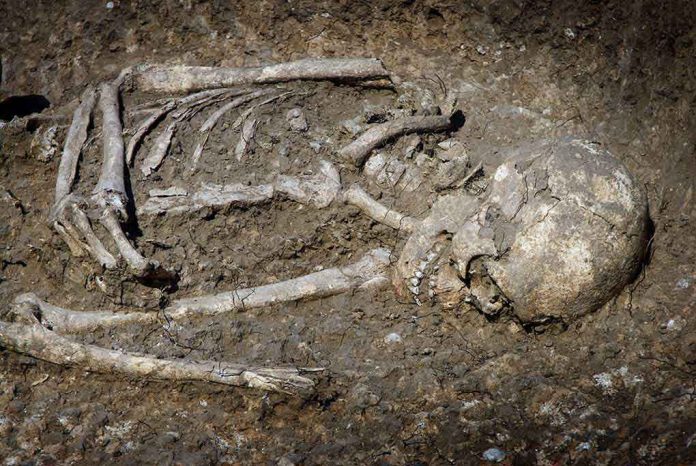
A Connecticut board’s decision to release the “cannibal killer” stirs nationwide outrage, questioning public safety and mental health laws.
Story Overview
- The Connecticut Psychiatric Security Review Board has granted Tyree Smith, the “cannibal killer,” conditional release.
- Smith, who murdered and cannibalized a homeless man, was found not guilty by reason of insanity in 2013.
- The decision has sparked public outrage and debates about mental health and public safety.
- Smith will live under strict supervision, but many question the adequacy of this decision.
Smith’s Release Sparks Public Outrage
The recent release of Tyree Smith, infamously known as the “cannibal killer,” has ignited a firestorm of concern and criticism. Smith, who brutally murdered Angel Gonzalez in Bridgeport, Connecticut, in 2011, was granted conditional release by the Connecticut Psychiatric Security Review Board in February 2025. This decision has raised significant public outcry, particularly among those who question the effectiveness of mental health assessments in determining public safety.
Smith was initially found not guilty by reason of insanity in 2013 and had been committed to a state psychiatric hospital. The board’s decision to release him comes after more than a decade of psychiatric evaluations and treatment. The release stipulates strict conditions, including ongoing psychiatric care and supervision, but critics argue these measures may not be sufficient to ensure public safety.
Concerns Over Mental Health and Public Safety
The case highlights the complex intersection of mental health, criminal justice, and public safety. Many community members, as well as victim advocacy groups, have voiced their concern over releasing an individual with a history of severe mental illness and violent behavior. The Connecticut legal framework allows for conditional release if individuals are deemed no longer a threat, yet this case has prompted calls for a reevaluation of such laws.
Smith’s release has also reignited debates about the adequacy of mental health oversight and the potential risks posed by releasing individuals who have committed violent crimes, even under strict conditions. Critics argue that while rehabilitation is crucial, public safety should remain a priority and that more stringent safeguards may be necessary.
Broader Implications for Mental Health and Justice Systems
The decision to release Tyree Smith may have far-reaching implications for mental health and criminal justice policies. In the short term, there is likely to be increased scrutiny of mental health release procedures, and potential legal or policy reviews could follow. Over the long term, this case may influence changes in state laws governing the release of individuals found not guilty by reason of insanity, sparking broader debates about mental health and criminal justice reform.
As the community grapples with the decision, the victim’s family and the local Bridgeport community remain deeply affected, calling for justice and safety. Meanwhile, mental health and criminal justice professionals may need to navigate increased public and media scrutiny as they address these pressing concerns.
Sources:
CT Insider Opinion on Cannibal Killer Release
KFOX TV Report on Tyree Smith’s Release
CT Post Coverage of Bridgeport Cannibal Killer Release





